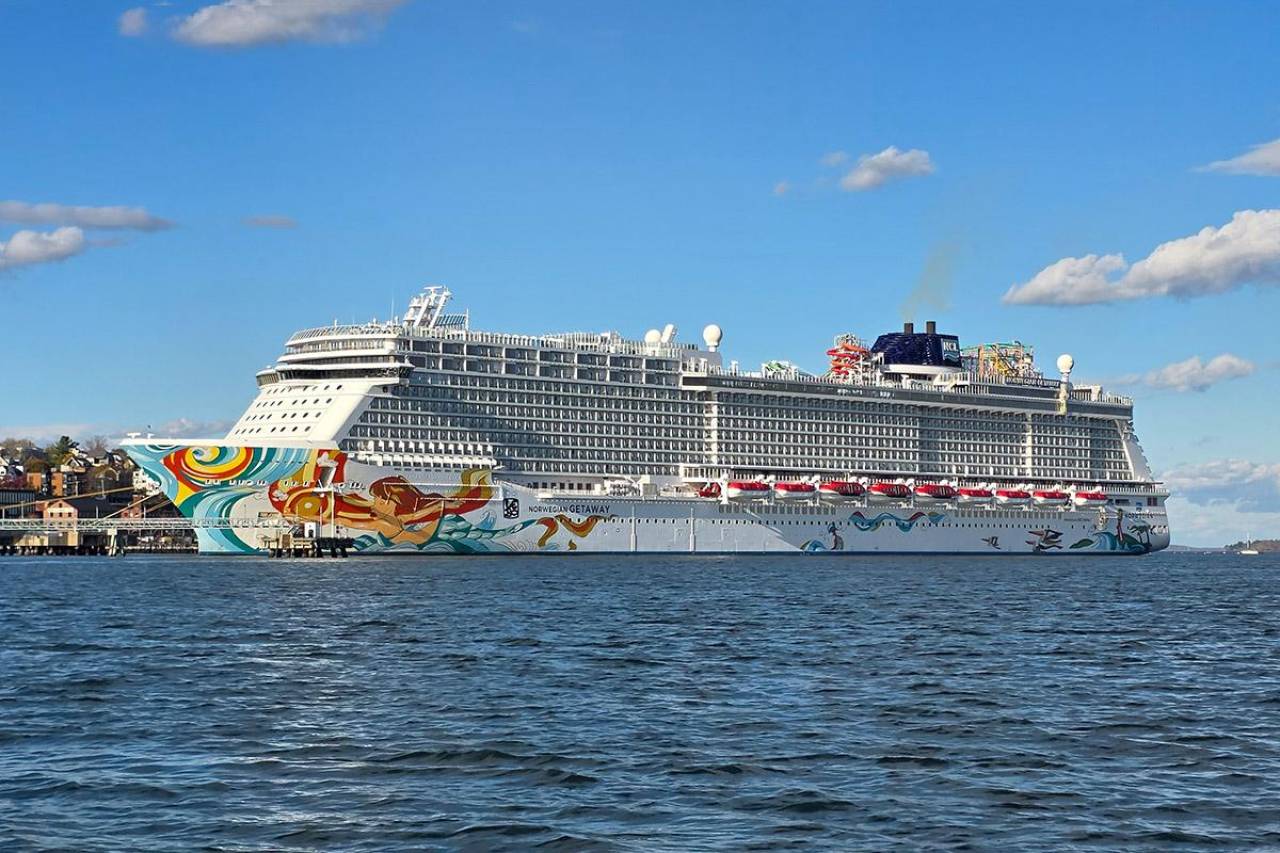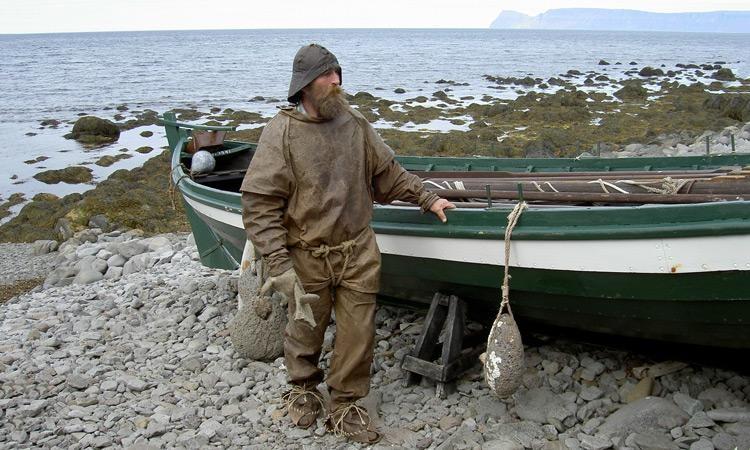People who enjoy traveling always enjoy going somewhere new. One popular choice for foreign travel is to visit Iceland. This beautiful country, founded by Danes long ago, offers a rich history, interesting culture, and beautiful scenery.
Just like visiting any foreign country, it's important to learn about Iceland before you visit. While many people find it is easy to navigate around the island on their own, many people find that choosing Iceland tour packages makes the process that much easier so they can spend more time enjoying their vacation.
If not, you'll want to plan where you'll stay, and what time of year is best to visit. Make a list of what sights you want to see, and decide on a transportation plan for visiting the various locations. It's important to do research on airfare and lodging costs, and much more. Here are some important things to consider if you're visiting Iceland for the first time.
Planning for the Trip
It's important to plan ahead for your arrival. There are two important decisions to make: Where will you stay, and how do you plan on getting around? With a little research, you will be able to find the right hotel for your budget. Many online travel booking services offer deals that include hotel reservations with the cost of airfare, so be sure to visit a few comparison travel sites or talk to a local travel agent.
When it comes to transportation, you have a few options. Does your hotel offer a shuttle service? Will the costs of relying on a taxi fit your budget? When your plane lands, your best bet may be to look into the car rental Iceland airport services. This will give you the freedom to travel anywhere you like without paying top dollar for a taxi or guided tour.



When to Visit Iceland
Visiting Iceland is limited to certain periods if you don’t want to freeze. Plan your trip in fall and spring, or plan your trip during the summer. It will be very hard to visit Iceland during the winter period as there will be very little for you to see. The country is covered with snow, and a significant number of roads are not accessible. To make it worse, a substantial amount of touring sites will be covered by ice. Short days will ultimately cut back your trip.
You can use online resources where you will see that the months of spring and fall have fewer chances of snow and most of the roads will be accessible. You will also get a chance to have longer days which means more time to enjoy this beautiful venue. Visiting during the summer will give you a golden opportunity to access direct sunlight, but many individuals will visit the country during this time of the year. One thing to consider if you go in the summer; you may not get the chance of seeing the northern lights due to the longer days.
Where to Visit in Iceland
1. South Iceland
This is the most visited part of the country. This part of your dream destination is known for glaciers, waterfalls, icebergs, and the fact that you will travel along the coastline on the south.
2. Snaefellsnes Peninsula
You definitely cannot leave Iceland without visiting the ‘small Iceland’ as many call it. You will get a wonderful opportunity to see some of the largest ancient volcanoes, waterfalls, fjords, and glaciers. You will also have a chance to see some of the most significant geological diversity in the northern part.
3. Southwest Iceland
Southwest Iceland hosts Reykjanes which is one of the largest city in the country. This peninsula will prove to be an amazing place as you will have an opportunity to see some of the largest and most impressive waterfalls, geysers, lighthouses, and geothermal sites. If you have a passion for geography and its wonders, you will not skip this place in your visit.
4. Reykjavik
Chances are that you'll be visiting the capital city at some point - if for no other reason than that's where the International Airport is located. However, it is worth planning to spend some time here to explore the vibrant nightlife scene with numerous bars, clubs, and restaurants. However, it’s important to note that alcohol is relatively expensive in Iceland, so budget accordingly. Many travelers opt to purchase alcohol at the duty-free store at the airport upon arrival to save money. There are also plenty of other interesting things to explore here including the Penis Museum.
You need to consider visiting Iceland as a group so that you can have fun together. If you are looking for more reasons to visit Iceland, make sure to check our Iceland Mancation Ideas post too!
Language, Customs And Etiquette
Language customs and etiquette in Iceland are integral to the nation’s cultural identity, and visitors should be aware of these to navigate social situations gracefully. While Icelandic is the official language, English is widely spoken and understood, especially in urban areas and tourist hotspots. However, making an effort to learn a few basic Icelandic phrases can be a sign of respect and appreciation for the local culture. Simple greetings like "halló" (hello), "takk" (thank you), and "bless" (goodbye) can go a long way in fostering positive interactions with locals.
Icelanders generally communicate in a straightforward and honest manner. They value clarity and conciseness, so it’s advisable to be direct yet polite in conversations. While they are friendly and welcoming, they might not be overly expressive or effusive, so mistaking their reserved nature for unfriendliness is a common misunderstanding among visitors.



Respect for personal space and privacy is highly valued in Icelandic society. It’s important to maintain a comfortable distance during conversations and avoid being too intrusive or personal with questions, especially with individuals you’ve just met. When addressing Icelanders, using their first names is the norm, as the country follows a patronymic naming system and surnames are not commonly used in informal settings.
Icelanders take pride in their language and literature, with a rich tradition of sagas and storytelling. Showing interest in their literary heritage and being mindful not to mispronounce place names and personal names can help build rapport with the locals. If unsure about pronunciation, don’t hesitate to ask – Icelanders are usually more than willing to help.
It’s also crucial to be aware of and adhere to rules and guidelines related to the preservation of Iceland’s pristine natural environment. Following marked paths, not littering, and not disturbing wildlife are not just legal requirements but also deeply ingrained in the local ethos. Demonstrating respect for the environment is, therefore, not only courteous but also expected of all visitors.
By being mindful of these language customs and etiquette, visitors can ensure a more enjoyable and respectful experience during their guys’ trip to Iceland, fostering positive connections with the people and the place.
